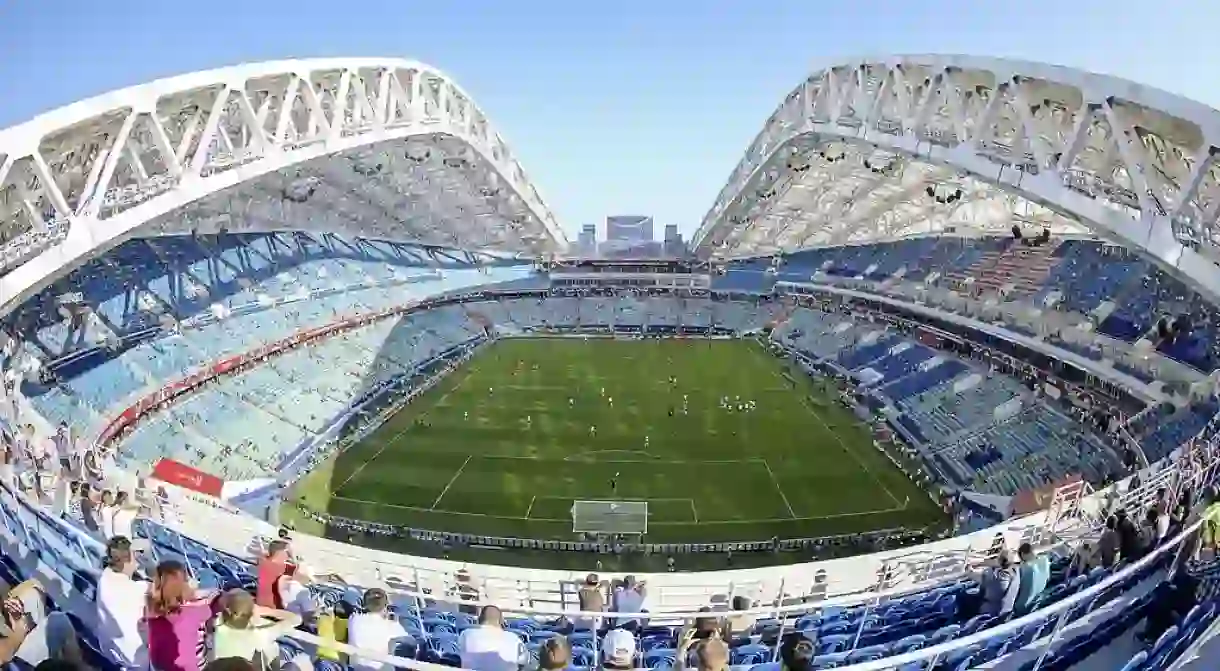An AI Has Predicted Which Country Will Win the World Cup

An AI has simulated the 2018 World Cup 100,000 times to predict a winner.
Researchers have used artificial intelligence and machine learning to predict that Spain is the most likely 2018 World Cup winner.
A number of factors were analysed to determine the outcome, including FIFA rankings, national population, gross domestic product, bookmakers’ odds, the number of national team players who play together in a club, players’ average age, and the number of times they’ve won the Champions League.
According to the AI prediction, Spain is the most likely winner by a margin of almost 20 percent. However, the researchers added that Germany would be likely to beat Spain if given the chance, but the structure of the tournament will probably not allow for that.

“Spain is slightly favoured over Germany, mainly due to the fact that Germany has a comparatively high chance to drop out in the round-of-sixteen,” says Andreas Groll, of Technical University of Dortmund. If Germany makes it to the quarterfinals, however, they become the front runner, the research states.
Brazil was found to be the third most likely winner, followed by France and Belgium.
While Spain didn’t win their World Cup opener this year, the team won the tournament in 2010 despite losing their first game – so the scenario is not unheard of.
In a separate study, researchers at Goldman Sachs also used machine learning to forecast the results. Simulating more than one million versions of this year’s World Cup tournament, they found that Brazil is most likely to win, beating Germany in the final round.
“The forecasts remain highly uncertain, even with the fanciest statistical techniques, simply because football is quite an unpredictable game. This is, of course, precisely why the World Cup will be so exciting to watch,” Goldman Sachs researchers wrote.
For more on the World Cup, check out our 2018 World Cup Guide to Moscow or read our architectural guide to the World Cup stadiums.













